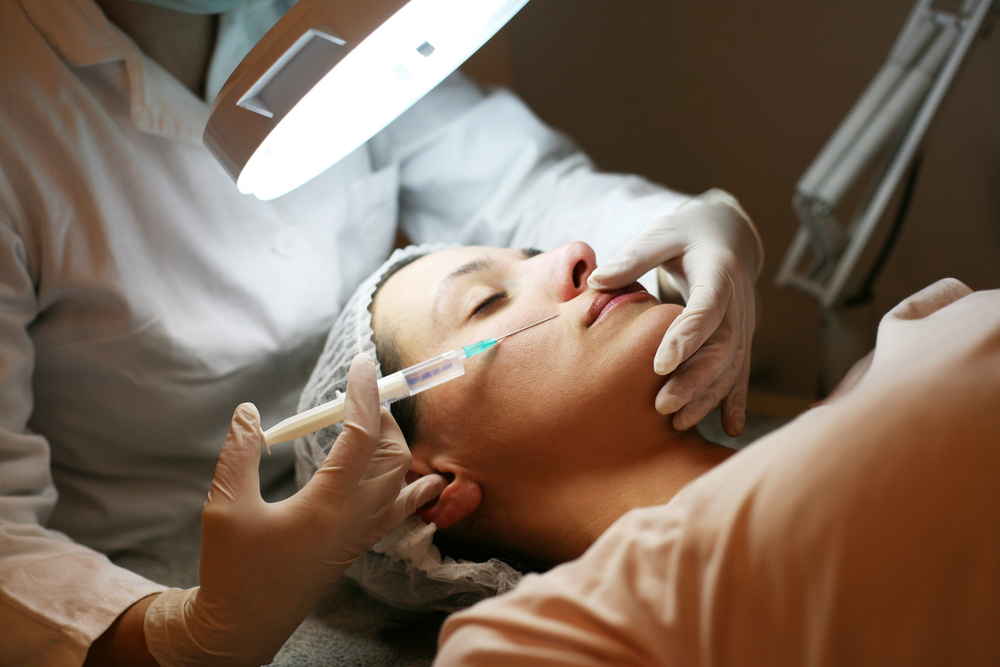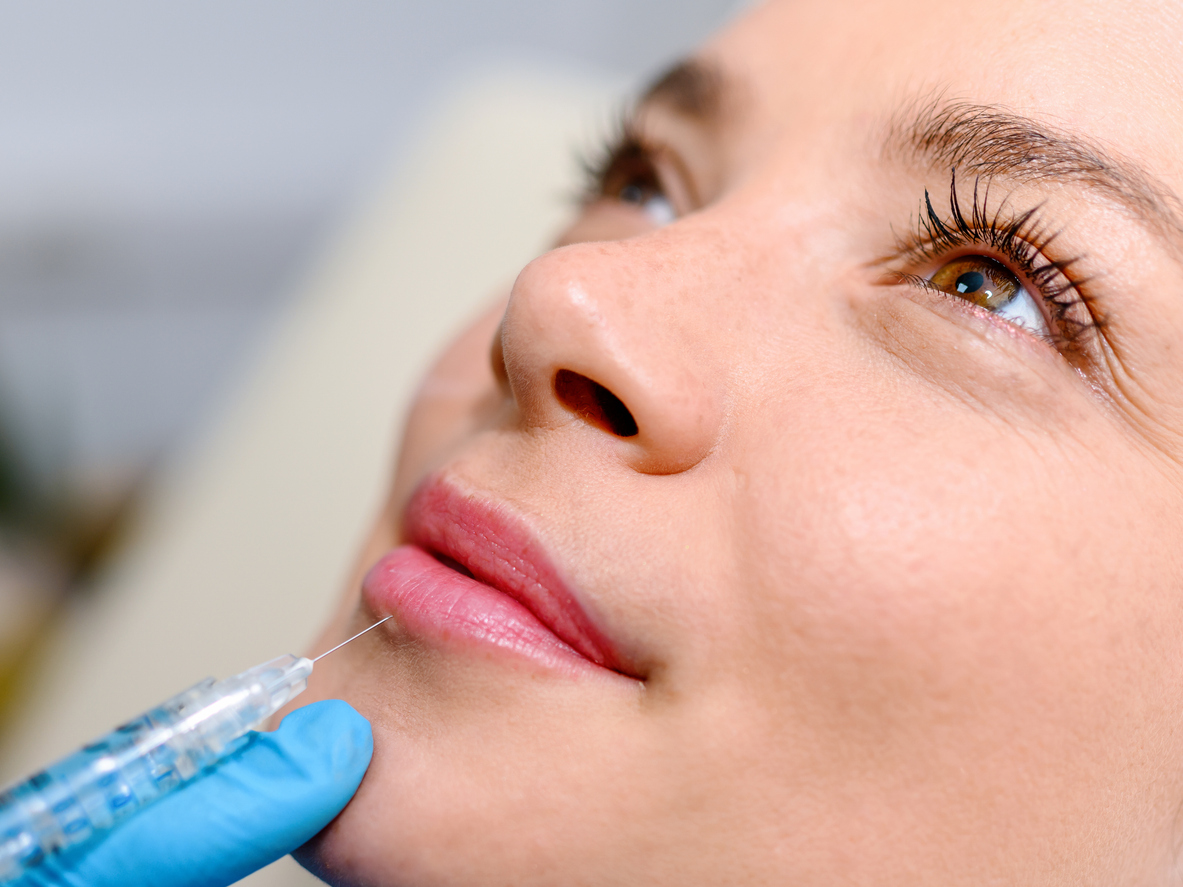Achieving fuller, more defined lips has become a popular aesthetic goal in recent years, with…

Botox for Improving Facial Scarring
Botox has long been a miracle cosmetic method to treat facial lines and wrinkles, but it now holds the promise to improve facial scarring. If you are undergoing facial surgery for cancer, birthmark reduction, or reconstruction procedures after an accident, then you are probably concerned with possible longterm scarring. Treatment with Botox (botulinum toxin A) has been shown to help improve the final appearance of surgical scars.
Clinical Trials Using Botox to Improve Facial Scarring
A clinical trial talked about in the American Society of Plastic Surgeons (ASPS) medical journal, “Plastic, and Reconstructive Surgery” revealed that Botox might very well be an acceptable way to limit scarring following surgery. “This study demonstrates that early post-surgical botulinum toxin injections can produce better, narrower, and flatter facial surgical scars,” according to the clinical trial study by XiaoXi Lin, MD, Ph.D., and colleagues of Shanghai Jiao Tong University School of Medicine.
Understanding the Clinical Trial Using Botox to Treat Facial Scarring
The groundbreaking study was made up of 16 patients. Each patient underwent facial reconstructive surgery over the course of four months. Many were undergoing surgery to treat a facial birthmark such as the standard port wine stain.
The study entailed treating half of the scar with Botox and the other half with an inactive saline solution. The injections were done immediately after surgery. After six months, plastic surgeons took measurements of both sides of the scar. Interestingly, the scars all averaged 6.74 centimeters in length with the average range being anywhere from three to 16 centimeters (one to six inches).
The measurements revealed that the scarred area treated with Botox was significantly decreased compared to the side treated with the saline solution. The surgeons were asked to grade the scar’s appearance using a 0 to 10 point scale. The rating of a 0 was considered the worst and ten was the best. The scores averaged 5.76 on the side treated with Botox and 4.97 for the side treated with the saline solution.
Botox made the scar’s sides appear far narrower and better. The scar’s overall characteristics such as color and flexibility did not change significantly.
Why Does Botox Diminish the Appearance of Facial Scarring?
The theory about why Botox appears to diminish scarring is that following administration of the botulinum toxin the muscles are relaxed, so they do not put as much stress or movement on the area healing. The region then sustains far less scarring. Botox may also inhibit cells that form scars.
Undoubtedly, further studies need to be performed to determine the actual benefits of Botox in the appearance of facial scarring. However, the clinical trial’s determinations are very promising.
Botox and Acne Scarring
Many researchers are already hypothesizing that the injections of Botox into areas treated for acne scarring may produce smaller and far flatter facial scars. Currently, Botox can be used in conjunction with dermal fillers to reduce the appearance of acne scars. The Botox also relaxes the muscle contractions that pull at acne scarring, so there is limited stress on the scar tissue. The administration of Botox is believed to help further smooth the appearance of the scarring.
Botox May Prevent Acne Scars From Forming
People who suffer frequent acne outbreaks are also turning to Botox to reduce the skin’s excessive oil buildup and keep the sebum from clogging the skin’s pores. Botox might prove to be a promising way to prevent unsightly acne scarring.
Botox Restores Confidence
Undoubtedly, facial scarring either from surgery or acne affects a person’s self-esteem. With the assistance of Botox and other cosmetic procedures, the appearance of scarring can dramatically be reduced. Cosmetic procedures, such as Botox, help a person feel more confident and content with their physical appearance.
If you would like to learn more about using Botox to reduce scarring, then please contact the Vargas Face and Skin Center to book your consultation.






